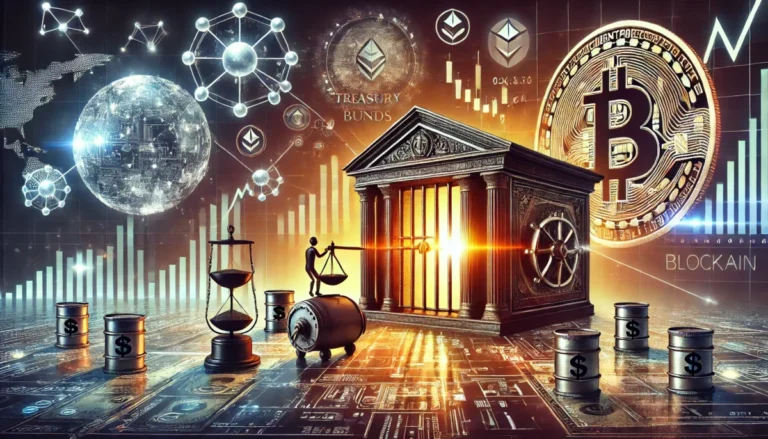In a recent legal clash between Coinbase and BiT Global, a company connected to crypto mogul Justin Sun, a California judge has ruled in favor of Coinbase, allowing it to delist wrapped Bitcoin (wBTC). The decision marks a significant development in the world of tokenized assets and crypto regulation. But what does this mean, and why is it important for you as a young crypto enthusiast?
The Battle Over Wrapped Bitcoin
In simple terms, wrapped Bitcoin (wBTC) is a token that represents Bitcoin on other blockchain networks, like Ethereum, making it easier for Bitcoin holders to use their assets in decentralized finance (DeFi) apps. The wBTC market is massive, worth nearly $14 billion, and it’s the second-largest tokenized Bitcoin asset.
However, Coinbase, one of the largest crypto exchanges in the U.S., recently decided to delist wBTC from its platform, and it didn’t sit well with BiT Global. BiT Global, the company behind wBTC’s custodian partnership with BitGo, sued Coinbase to prevent the delisting, claiming it would cause “irreparable harm.” They also accused Coinbase of damaging its reputation by spreading negative claims about BiT Global and Justin Sun’s alleged financial misconduct.
Why the Court Said “No”
The court sided with Coinbase, ruling that there was no valid reason to stop the delisting. The judge stated that BiT Global failed to show any serious harm or legal basis for its claims. The fact that Coinbase can make decisions on what assets it lists is a key point here—Coinbase, like any private company, has the right to choose who gets to be on its platform.
This ruling is huge because it shows that exchanges have the legal right to control which assets they list or remove. And in this case, Coinbase argued that the partnership between BitGo and BiT Global, with ties to Justin Sun, raised red flags due to Sun’s controversial history.
The Bigger Picture: Regulation and Market Power
The conflict over wrapped Bitcoin highlights some critical issues in the crypto world: regulation, market power, and the role of centralized exchanges. This case shows that exchanges can exercise significant control over the tokens that circulate on their platforms. But, as BiT Global argued, this power can be used to stifle competition, especially when a big exchange like Coinbase delists a product in favor of a competing token, such as Coinbase’s own tokenized Bitcoin, cbBTC.
Coinbase’s move to delist wBTC comes in a context where the market is increasingly focused on tokenized assets, and it’s not just about Bitcoin anymore—it’s about the competition between different wrapped assets and which exchange can control them.
Why This Matters to You
This legal battle is a great reminder of how regulation and competition shape the crypto market. As someone who wants to learn more about cryptocurrencies, understanding the role of exchanges, custodians, and legal battles like this is essential. The crypto industry is constantly evolving, and knowing how legal rulings affect exchanges’ decisions and the availability of tokens on platforms can influence investment strategies and business decisions in the future.
By following cases like this, you’re not just learning about one asset being delisted. You’re gaining insight into how legal frameworks interact with market dynamics, and this knowledge will help you anticipate the regulatory trends that could impact the market. It also shows how crypto moguls like Justin Sun and companies like BiT Global play a role in shaping the industry, for better or worse.
Key Takeaways:
- Wrapped Bitcoin (wBTC) is a key player in the tokenized Bitcoin market, but it’s now facing challenges.
- Coinbase’s power to delist assets like wBTC shows the influence centralized exchanges hold over the market.
- Legal battles in crypto, like the BiT Global vs. Coinbase case, can shape competition, reputation, and market trends.
- This case also highlights the importance of understanding the regulatory landscape and how it impacts decisions in the crypto space.
By keeping an eye on such legal developments, you’ll be better prepared to understand the complex relationships between technology, law, and market forces in the crypto world.


